

Articles
How To Store Balsamic Vinegar
Modified: December 7, 2023
Learn how to properly store balsamic vinegar and keep it fresh for longer with these helpful articles. Discover the best storage methods and tips to preserve its flavor and quality.
(Many of the links in this article redirect to a specific reviewed product. Your purchase of these products through affiliate links helps to generate commission for Storables.com, at no extra cost. Learn more)
Introduction
Welcome to the world of balsamic vinegar! If you’re a fan of this rich, flavorful condiment, you’re in for a treat. Not only does balsamic vinegar add a unique and delightful taste to a variety of dishes, but it also offers several health benefits. But did you know that proper storage of balsamic vinegar is crucial to preserving its quality and flavor?
In this article, we’ll explore why storing balsamic vinegar correctly is important, the factors to consider when storing it, the ideal storage conditions, and some essential tips for extending its shelf life. So, whether you’re a balsamic vinegar enthusiast or just starting to discover its wonders, keep reading to ensure you get the most out of this delicious condiment.
Proper storage of balsamic vinegar not only maintains its flavor but also helps preserve its nutritional properties. Balsamic vinegar is known for its high concentration of antioxidants, which can protect your body against harmful free radicals and reduce inflammation. Whether you use balsamic vinegar as a salad dressing, a marinade, or a flavor enhancer in various recipes, you’ll want to ensure that it retains its health-boosting qualities.
Moreover, by storing your balsamic vinegar correctly, you can prevent it from spoiling or deteriorating prematurely. Balsamic vinegar is sensitive to light, air, and heat, which can cause oxidation and alter its taste. If you’ve ever opened a bottle of balsamic vinegar and noticed it tastes sour or lacks its usual complexity, chances are it wasn’t stored properly.
Now that we understand the importance of proper storage, let’s dive into the factors you need to consider when storing your balsamic vinegar to maintain its quality and ensure its longevity.
Key Takeaways:
- Proper storage of balsamic vinegar is crucial to preserve its flavor, aroma, and nutritional benefits. Factors like container choice, light exposure, and temperature play a key role in maintaining its quality.
- By following simple storage guidelines and tips, you can ensure that your balsamic vinegar remains fresh, flavorful, and ready to enhance your culinary creations for an extended period. Remember to keep it sealed, away from heat and light, and use within a reasonable timeframe.
Read more: How To Store Balsamic Vinegar Once Opened
Why Proper Storage of Balsamic Vinegar is Important
Proper storage of balsamic vinegar is essential to preserve its flavor, aroma, and nutritional properties. Here are a few reasons why it’s important to store your balsamic vinegar correctly:
- Preserves Flavor: Balsamic vinegar is renowned for its complex and rich flavor profile. By storing it properly, you can ensure that it maintains its distinct taste. Exposure to light, air, and heat can cause oxidation, leading to a loss of flavor and a decrease in quality. By shielding your balsamic vinegar from these elements, you can enjoy its full flavor potential.
- Maintains Aroma: The aroma of balsamic vinegar is so enticing that it can instantly elevate a dish. Improper storage, especially in a container that allows air to enter, can cause the vinegar’s aroma to weaken or become altered. By using airtight containers and implementing proper storage techniques, you can savor the delightful aroma of your balsamic vinegar every time you use it.
- Retains Nutritional Benefits: Balsamic vinegar is packed with antioxidants, which have numerous health benefits. These antioxidants help protect your body’s cells from damage caused by free radicals, reducing the risk of chronic diseases. Proper storage ensures that the antioxidants in the vinegar remain stable, allowing you to obtain maximum nutritional benefits.
- Prevents Spoilage: Just like any other food or condiment, balsamic vinegar can spoil if not stored correctly. Exposure to heat, moisture, or contamination can lead to the growth of bacteria or mold, rendering the vinegar unsafe for consumption. By following proper storage practices, you can keep your balsamic vinegar fresh, safe, and free from spoilage.
- Maintains Quality Over Time: Balsamic vinegar is often aged for several years to develop its unique flavors and characteristics. By storing it correctly, you can ensure that it maintains its quality and continues to develop in flavor over time. Improper storage can cause the vinegar to degrade, leading to a loss of its desirable qualities.
Now that we understand the importance of proper storage let’s explore the factors to consider when storing balsamic vinegar to maximize its longevity and retain its quality.
Factors to Consider when Storing Balsamic Vinegar
When it comes to storing balsamic vinegar, there are several factors to consider to ensure its longevity and maintain its quality. Here are some key factors you should keep in mind:
- Container: Choosing the right container is essential for storing balsamic vinegar. Opt for a glass or ceramic container with a tight-fitting lid. Avoid containers made of plastic or metal, as they can potentially react with the vinegar and affect its flavor.
- Light Exposure: Balsamic vinegar is sensitive to light, and prolonged exposure to direct sunlight can degrade its quality. Store your vinegar in a dark place, such as a pantry or a cupboard, away from any light sources to prevent light-induced oxidation.
- Air Exposure: Exposure to air can also alter the taste and aroma of balsamic vinegar. It’s crucial to keep the container tightly sealed to prevent air from entering. This will help maintain the vinegar’s freshness and preserve its unique qualities.
- Temperature: Balsamic vinegar should be stored at a cool and consistent temperature. Avoid extreme temperature fluctuations, as they can affect the flavor and consistency of the vinegar. Room temperature or slightly below is ideal for storing balsamic vinegar.
- Humidity: Excessive moisture can be detrimental to balsamic vinegar. Avoid storing it in places with high humidity, such as near the stove or refrigerator. Moisture can cause the vinegar to spoil or develop an off taste.
- Location: The storage location for your balsamic vinegar should be away from strong odors. Vinegar can easily absorb odors from the surroundings, which can affect its taste and aroma. Store it separately from pungent spices, cleaning agents, or other strongly scented items.
- Use-by Date: Pay attention to the use-by or expiration date on the bottle of balsamic vinegar. While balsamic vinegar has a long shelf life, it’s still important to consume it within its recommended timeframe to enjoy its best quality.
By considering these factors and implementing the right storage practices, you can ensure that your balsamic vinegar stays fresh, flavorful, and ready to enhance your favorite dishes. Next, let’s delve into choosing the right container for storing balsamic vinegar.
Choosing the Right Container for Storing Balsamic Vinegar
When it comes to storing balsamic vinegar, selecting the right container is crucial. The container you choose will not only impact the vinegar’s flavor and aroma but also its shelf life. Here are some key factors to consider when choosing the container for storing your balsamic vinegar:
- Material: Opt for a container made of glass or ceramic. These materials are non-reactive and do not affect the flavor or quality of the vinegar. Avoid containers made of plastic or metal, as they can react with the vinegar and alter its taste.
- Sealability: Look for a container with a tight-fitting lid or stopper that provides an airtight seal. This prevents air from entering and prolongs the vinegar’s freshness. Make sure the lid or stopper is easy to secure and doesn’t allow any leakage.
- Opaque or Dark: Consider using an opaque or dark-colored container. Exposure to light can degrade the quality of balsamic vinegar, so using a dark container can help protect it from light-induced oxidation. If using a clear container, store the vinegar in a dark place to minimize light exposure.
- Size: Choose a container that is appropriate for the quantity of balsamic vinegar you usually use. It is best to avoid using a large container if you only have a small amount of vinegar, as this will result in more air in the container. Air can expedite the oxidation process and affect the vinegar’s taste.
- Easy to Pour: Consider the ease of pouring when selecting a container. Look for a container with a spout or a pourer attachment that allows you to control the flow of vinegar without causing spills or waste.
- Sturdy and Durable: Ensure the container you choose is sturdy and durable to withstand regular handling and storage. Balsamic vinegar can last for a long time, and you want a container that can stand the test of time without cracking or breaking.
When you have found the perfect container, make sure to clean it thoroughly before transferring the balsamic vinegar. Proper hygiene helps prevent any contamination that might compromise the vinegar’s quality.
By considering these factors and selecting the right container, you can ensure that your balsamic vinegar remains fresh, flavorful, and ready to enhance your culinary creations. Next, let’s explore the ideal storage conditions for balsamic vinegar.
Ideal Storage Conditions for Balsamic Vinegar
To maintain the quality and flavor of balsamic vinegar, it’s essential to store it under the right conditions. Here are the ideal storage conditions to keep your balsamic vinegar fresh and delicious:
- Temperature: The ideal temperature range for storing balsamic vinegar is between 50°F (10°C) and 68°F (20°C). Avoid extreme temperature fluctuations, as they can impact the vinegar’s taste and consistency. Storing it at a cool and consistent temperature helps maintain its quality over time.
- Dark Storage: Protect your balsamic vinegar from light exposure by storing it in a dark place. Exposure to light can cause oxidation and affect the vinegar’s flavor. A pantry or cupboard away from direct sunlight is an ideal storage location.
- Airtight Container: Ensure that your balsamic vinegar is stored in an airtight container. A tight-fitting lid or stopper prevents air from entering the container, helping to maintain the vinegar’s freshness and preventing oxidation.
- Away from Heat Sources: Store your balsamic vinegar away from heat sources such as stoves, ovens, or radiators. Heat can accelerate the oxidation process and degrade the vinegar’s quality. Keeping it in a cool environment helps preserve its flavor and aroma.
- Low Humidity: Balsamic vinegar should be stored in a low-humidity environment. Moisture can cause the vinegar to spoil or develop off flavors. Avoid storing it in areas with high humidity, such as near the dishwasher or refrigerator.
- Stable Environment: Keep your balsamic vinegar in a stable environment, free from strong odors and potential contaminants. Vinegar can absorb odors from its surroundings, impacting its taste and aroma. Consider storing it away from strong-smelling substances to preserve its integrity.
- Proper Labeling: It’s a good practice to label your balsamic vinegar with the date of purchase or the date it was opened. This helps you keep track of its shelf life and ensure you use it within the recommended timeframe.
By following these ideal storage conditions, you can prolong the shelf life of your balsamic vinegar while maintaining its integrity and ensuring that it remains a flavorful addition to your dishes. However, it’s also important to be aware of some do’s and don’ts when storing balsamic vinegar, which we’ll explore in the next section.
Store balsamic vinegar in a cool, dark place away from heat and light to maintain its flavor and quality. Avoid storing it near strong-smelling foods as it can absorb odors.
Read more: How To Store Balsamic Glaze
Do’s and Don’ts of Storing Balsamic Vinegar
When it comes to storing balsamic vinegar, there are some important do’s and don’ts to keep in mind. Following these guidelines will help you maintain the quality and flavor of your vinegar. Let’s explore them:
Do’s
- Store in a cool, dark place: Keep your balsamic vinegar in a cool and dark location, away from direct sunlight and heat sources. This helps preserve its flavor and freshness.
- Use airtight containers: Choose a container with a tight-fitting lid or stopper that provides an airtight seal. This prevents air from entering, which can oxidize and degrade the vinegar.
- Label and date: Label your balsamic vinegar with the date of purchase or opening. Proper labeling helps you keep track of its freshness and ensures you use it within its recommended shelf life.
- Keep away from odors: Store balsamic vinegar away from strong-smelling substances as it can absorb odors easily. This helps preserve its distinct flavor and aroma.
- Ensure proper hygiene: Clean the storage container thoroughly before transferring the vinegar. This helps prevent any contamination that may affect the quality of the vinegar.
- Keep quantities small: If you have a large bottle of balsamic vinegar, consider transferring some to a smaller container to reduce the amount of air space inside. This minimizes oxidation and helps maintain the vinegar’s freshness.
Don’ts
- Don’t expose to light: Avoid exposing balsamic vinegar to direct sunlight or bright artificial light. Light can degrade the vinegar’s quality and alter its flavor and color.
- Don’t store near heat: Keep balsamic vinegar away from heat sources like stoves, ovens, or radiators. Heat can accelerate oxidation and impact the vinegar’s taste and consistency.
- Don’t use improper containers: Avoid using containers made of plastic or metal, as they can react with the vinegar and affect its flavor. Choose glass or ceramic containers instead.
- Don’t store in high humidity: High humidity can cause balsamic vinegar to spoil or develop off flavors. Keep it away from areas with excessive moisture, such as near the dishwasher or refrigerator.
- Don’t store for too long: Although balsamic vinegar has a long shelf life, it is best to use it within a reasonable timeframe. Over time, the vinegar may lose its complexity and flavor, so it’s recommended to consume it within a couple of years.
- Don’t transfer to the fridge: Balsamic vinegar does not require refrigeration. Storing it in the refrigerator can cause condensation inside the bottle, compromising its quality. Instead, store it in a cool pantry or cupboard.
By following these do’s and don’ts, you can ensure that your balsamic vinegar stays fresh, flavorful, and ready to enhance your culinary creations. However, if you’re looking to extend the shelf life of your vinegar, there are some additional tips you can follow, which we’ll discuss next.
Tips for Extending the Shelf Life of Balsamic Vinegar
If you’re looking to prolong the shelf life of your balsamic vinegar and maintain its quality over an extended period, here are some helpful tips to follow:
- Keep it sealed: After each use, make sure to tightly seal the container to prevent air from entering. This will help slow down the oxidation process and keep the vinegar fresh for longer.
- Store in smaller bottles: If you have a large bottle of balsamic vinegar, consider transferring a portion into smaller bottles. By reducing the amount of air in each container, you can minimize oxidation and help preserve the freshness of the vinegar.
- Avoid contamination: Take care to avoid any contamination of the vinegar. Ensure that utensils or objects used to dispense the vinegar are clean and free from any potential contaminants.
- Use clean and dry spoons: When using balsamic vinegar, always use clean and dry utensils. Moisture can introduce bacteria and compromise the quality of the vinegar over time.
- Keep away from strong odors: Store your balsamic vinegar in a location away from strong-smelling substances. This will prevent the vinegar from absorbing any unwanted odors that could affect its flavor and aroma.
- Monitor the expiration date: Check the expiration or use-by date on the bottle and try to consume the vinegar within that timeframe. While balsamic vinegar can last for several years, its quality may deteriorate over time.
- Avoid temperature fluctuations: Keep the storage environment for your balsamic vinegar stable. Avoid exposing it to drastic temperature changes, as this can impact its taste and consistency.
- Consider vacuum-sealing: If you have the means, vacuum-sealing your balsamic vinegar can help prolong its shelf life by removing any excess air from the container.
- Store in a cool pantry: Find a cool and dark spot in your pantry or cupboard to store your balsamic vinegar. This will help maintain its quality and protect it from heat and light.
- Use within a reasonable time: While balsamic vinegar has a long shelf life, it is best to use it within a few years to enjoy its vibrant flavor and aroma.
By following these tips, you can extend the shelf life of your balsamic vinegar and continue to enjoy its delightful taste and health benefits for a longer period. Remember to always check the condition of the vinegar before using it, and if you notice any signs of spoilage or off flavors, it’s best to discard it and replace it with a fresh bottle.
Now that you have a comprehensive understanding of how to properly store balsamic vinegar and extend its shelf life, you can confidently enjoy this versatile and delicious condiment in your culinary adventures. With the right storage techniques, you can savor the rich flavors and benefits of balsamic vinegar for months or even years to come.
So, why wait? Start implementing these storage practices today and let your balsamic vinegar shine in all your favorite dishes!
Read more: How To Store Vinegar
Conclusion
Balsamic vinegar is a beloved condiment known for its rich flavor, aromatic profile, and numerous health benefits. By understanding the importance of proper storage, you can ensure that your balsamic vinegar remains fresh, flavorful, and ready to enhance your culinary creations.
In this article, we explored why proper storage of balsamic vinegar is essential, including preserving its flavor, maintaining its aroma, retaining its nutritional benefits, and preventing spoilage. We discussed the factors to consider when storing balsamic vinegar, such as choosing the right container, minimizing light and air exposure, maintaining ideal temperature and humidity levels, and keeping it away from strong odors. We also provided valuable do’s and don’ts to follow, as well as helpful tips for extending the shelf life of balsamic vinegar.
By implementing these guidelines, you can ensure that your balsamic vinegar remains of the highest quality, ready to enhance salads, dressings, marinades, sauces, and so much more. Whether you’re a balsamic vinegar connoisseur or just starting to appreciate its wonders, proper storage will help you make the most of this remarkable condiment.
Remember to choose the right container, store in a cool and dark place, keep it sealed, and monitor the expiration date. Avoid exposing your vinegar to light, heat, and humidity, and take care to prevent contamination. By following these simple yet crucial steps, you can enjoy the full potential of your balsamic vinegar for years to come.
So, go ahead and experiment with balsamic vinegar in your culinary creations. Let its richness and depth enhance the flavors of your dishes. With proper storage, your balsamic vinegar will continue to bring joy and delight to your table.
Now that you are equipped with the knowledge and understanding of how to store balsamic vinegar properly, it’s time to savor its distinct attributes, embrace its health benefits, and let it elevate your gastronomic experiences. Happy cooking!
Frequently Asked Questions about How To Store Balsamic Vinegar
Was this page helpful?
At Storables.com, we guarantee accurate and reliable information. Our content, validated by Expert Board Contributors, is crafted following stringent Editorial Policies. We're committed to providing you with well-researched, expert-backed insights for all your informational needs.

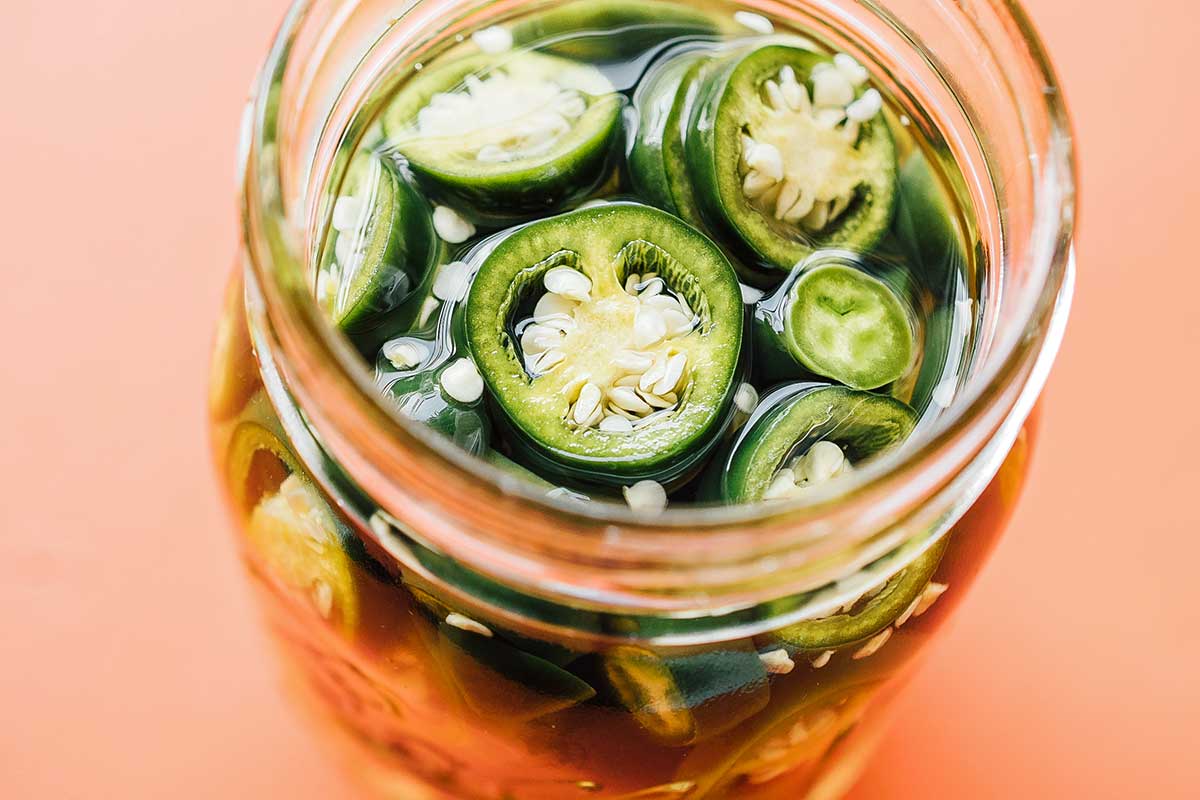
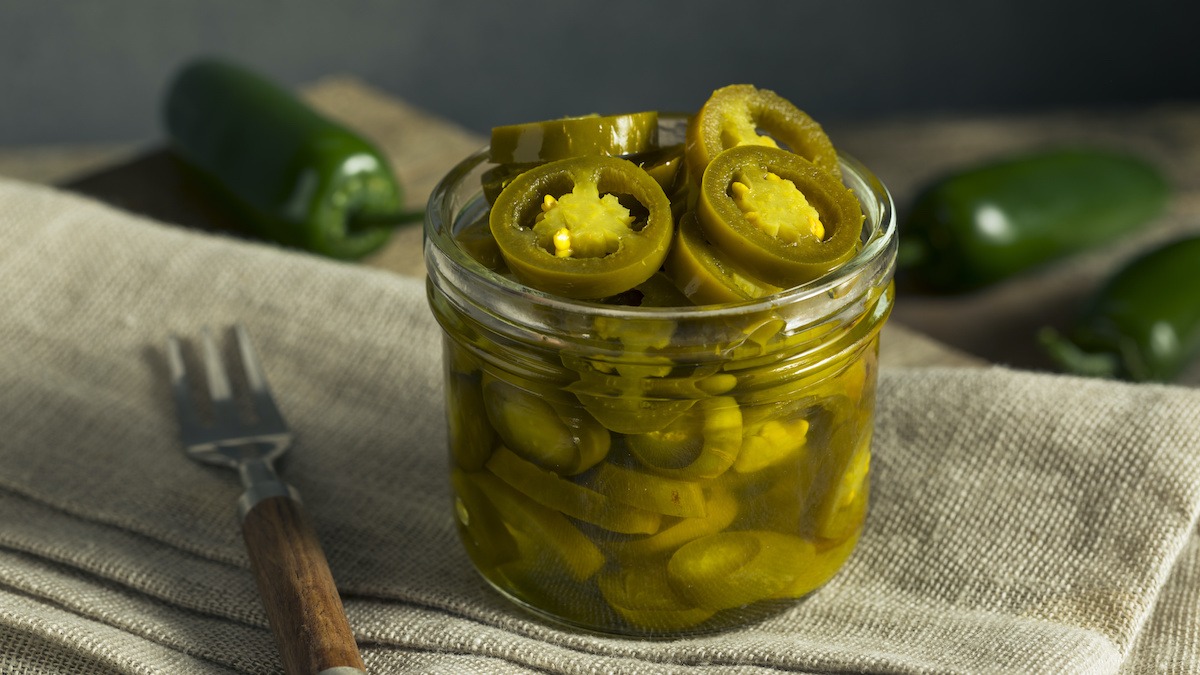
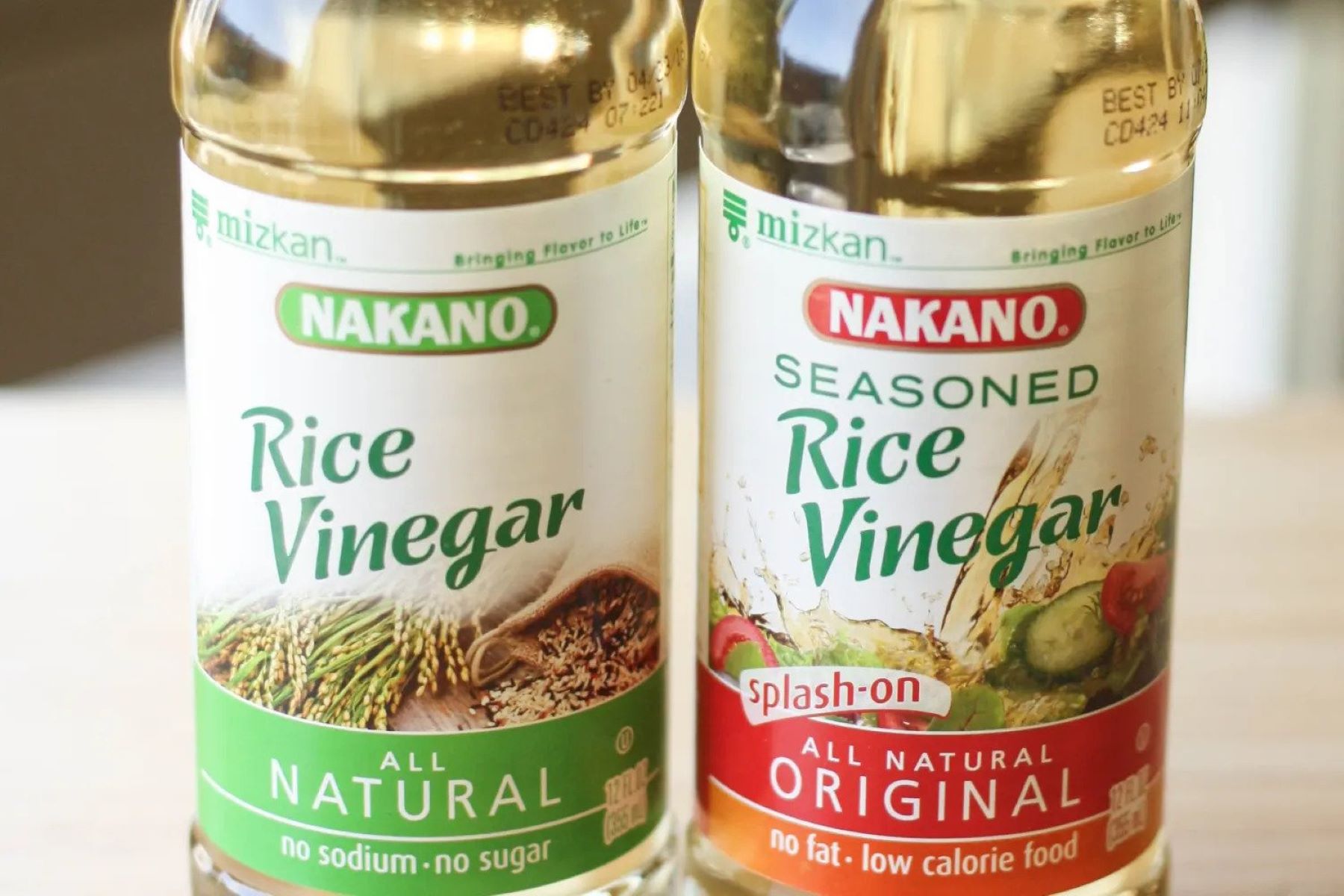
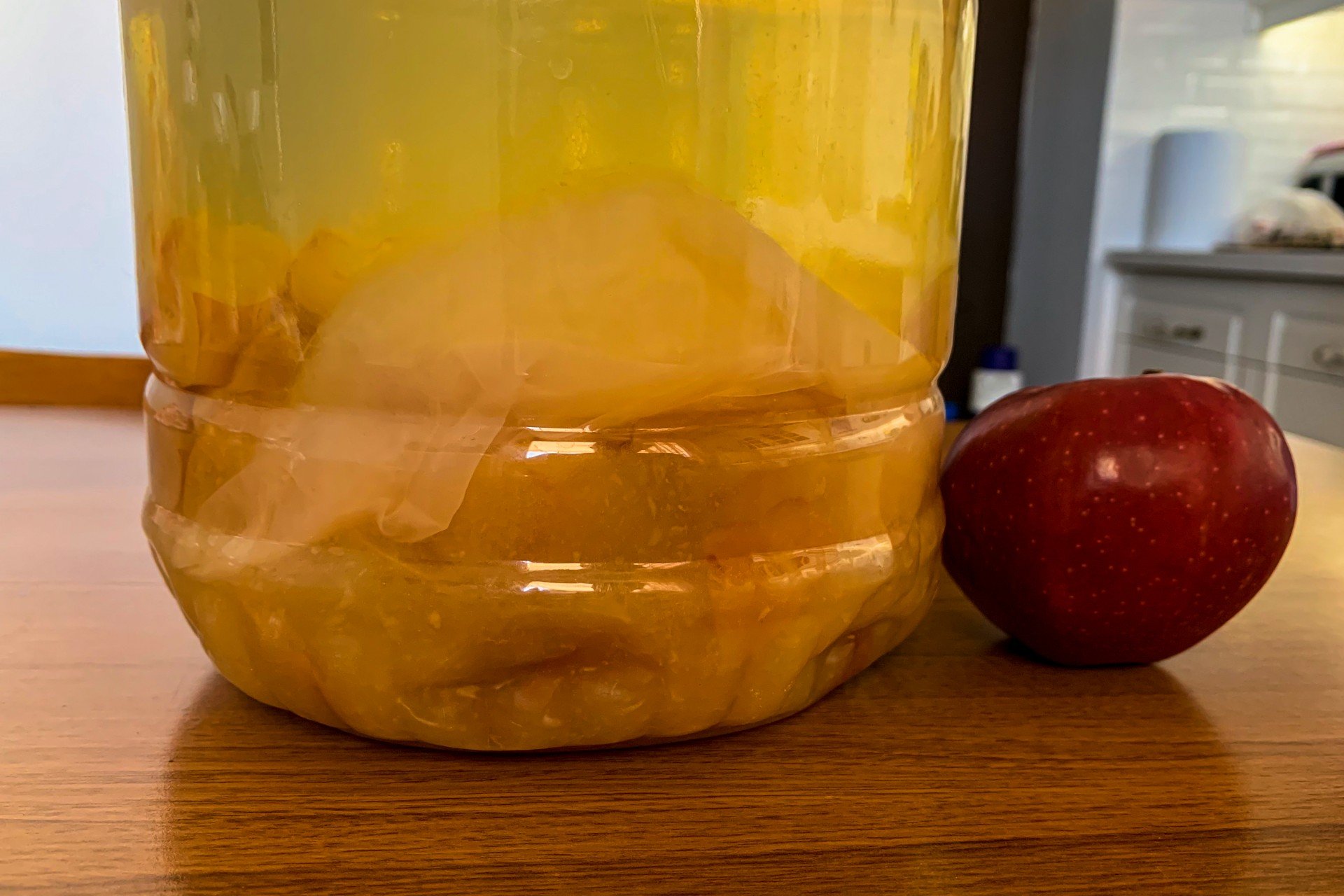
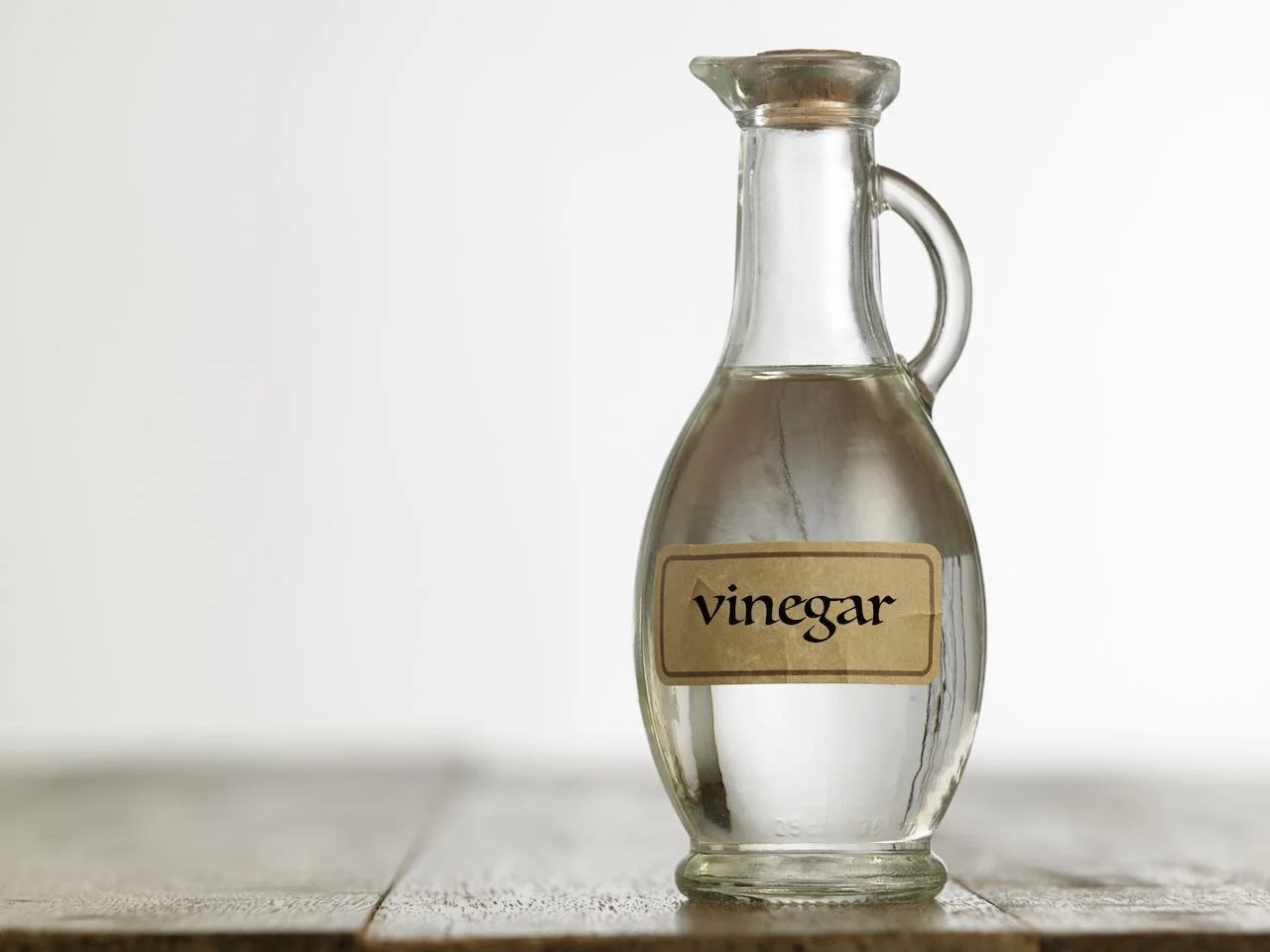
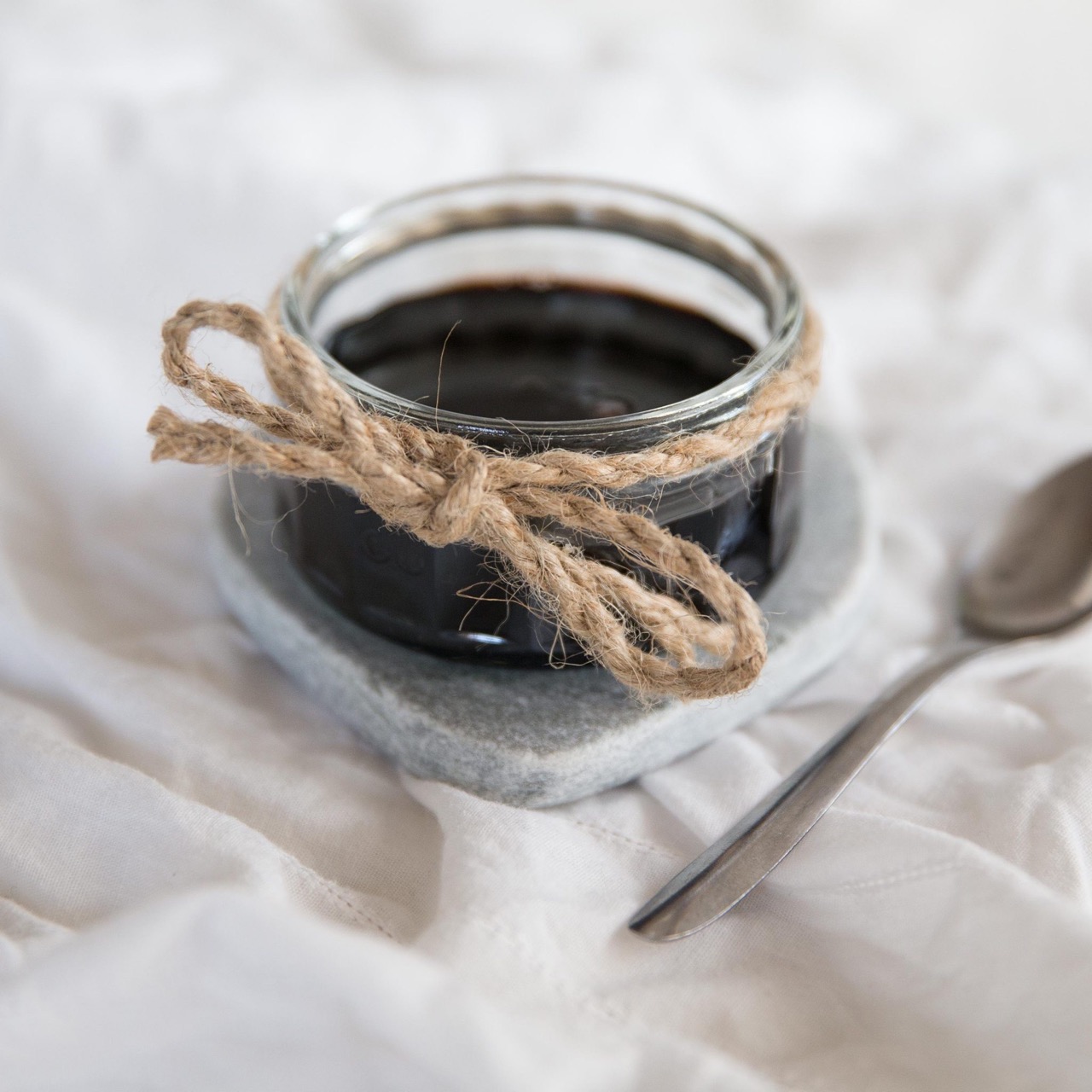
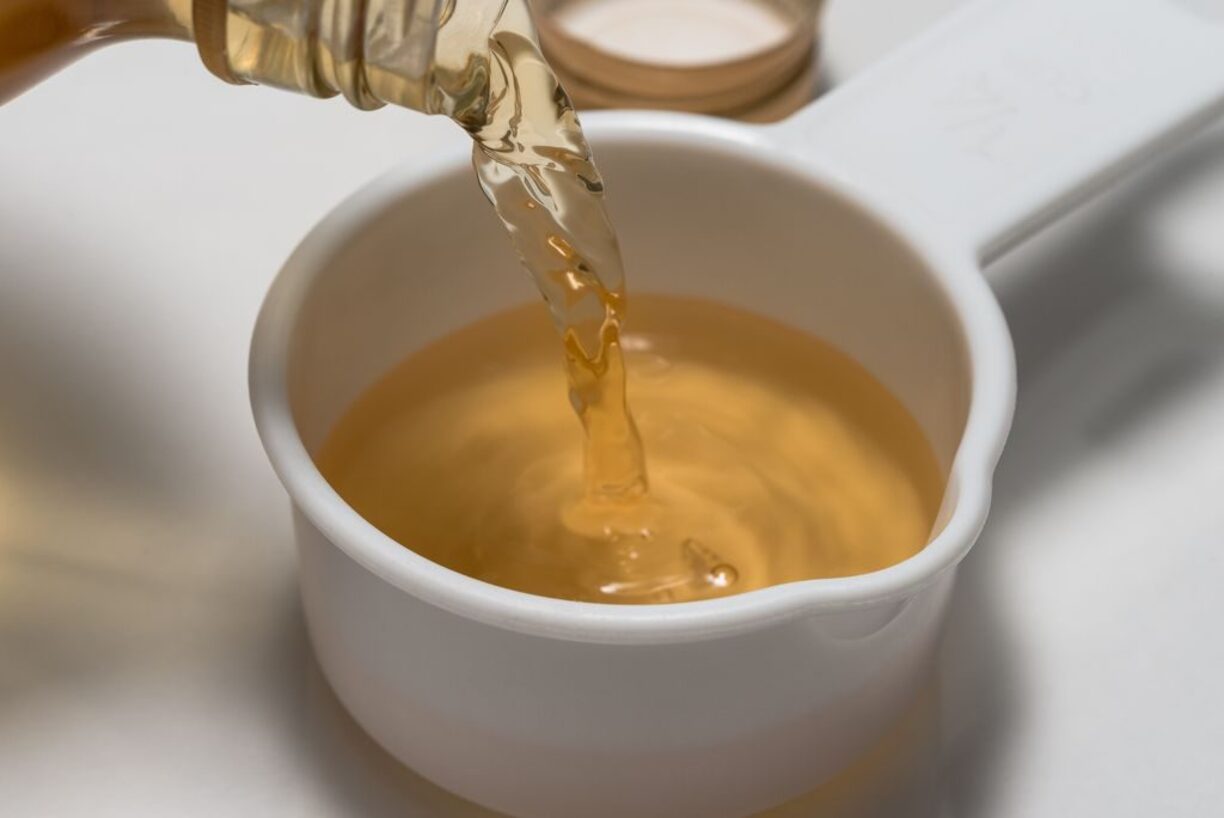
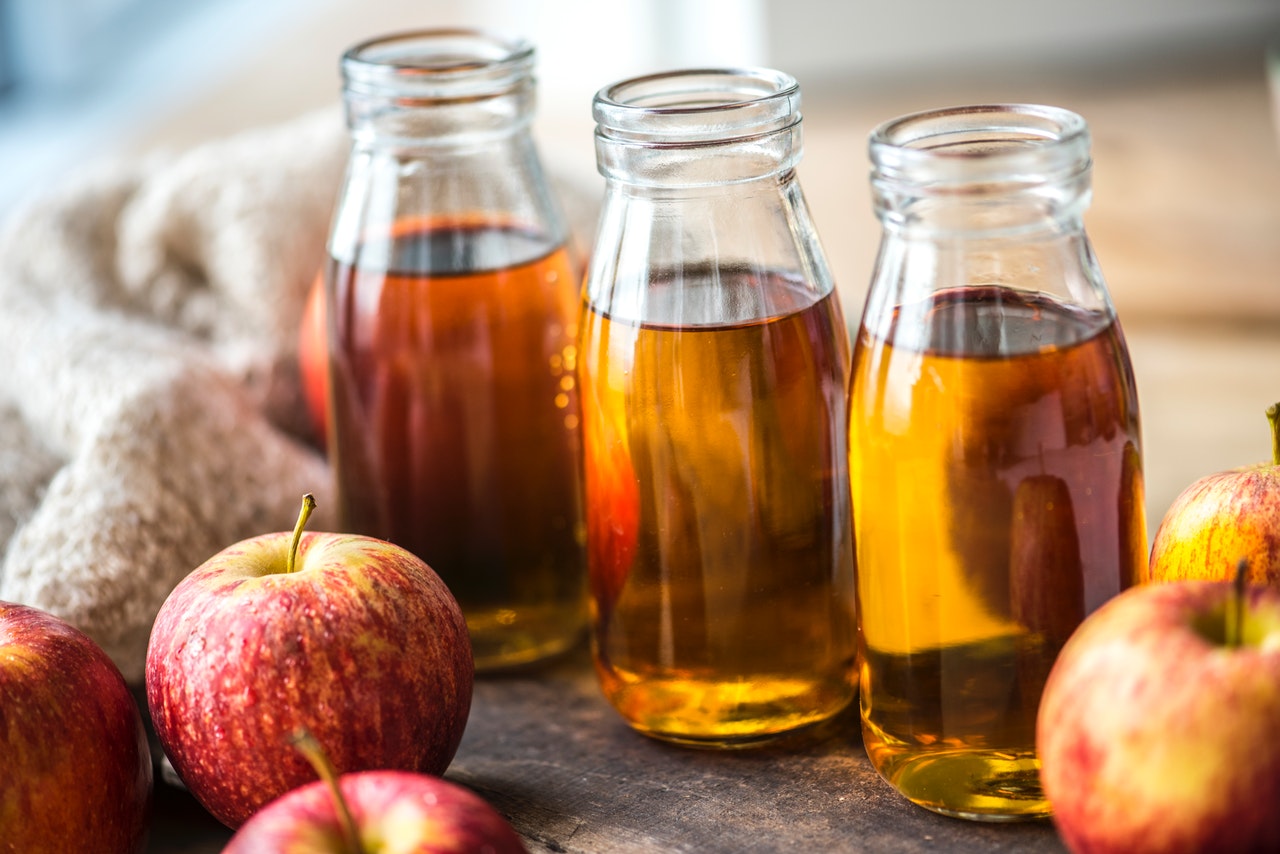
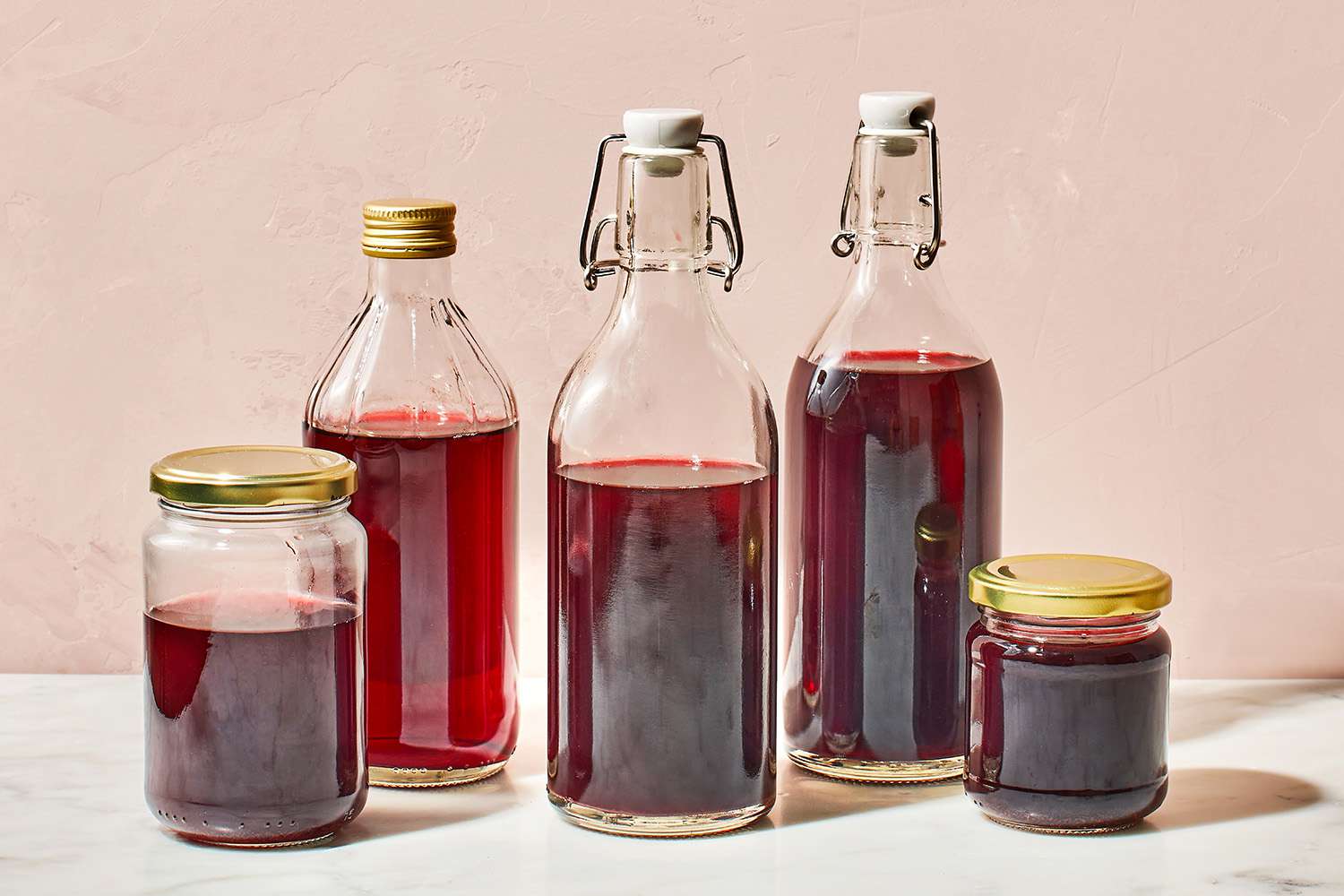
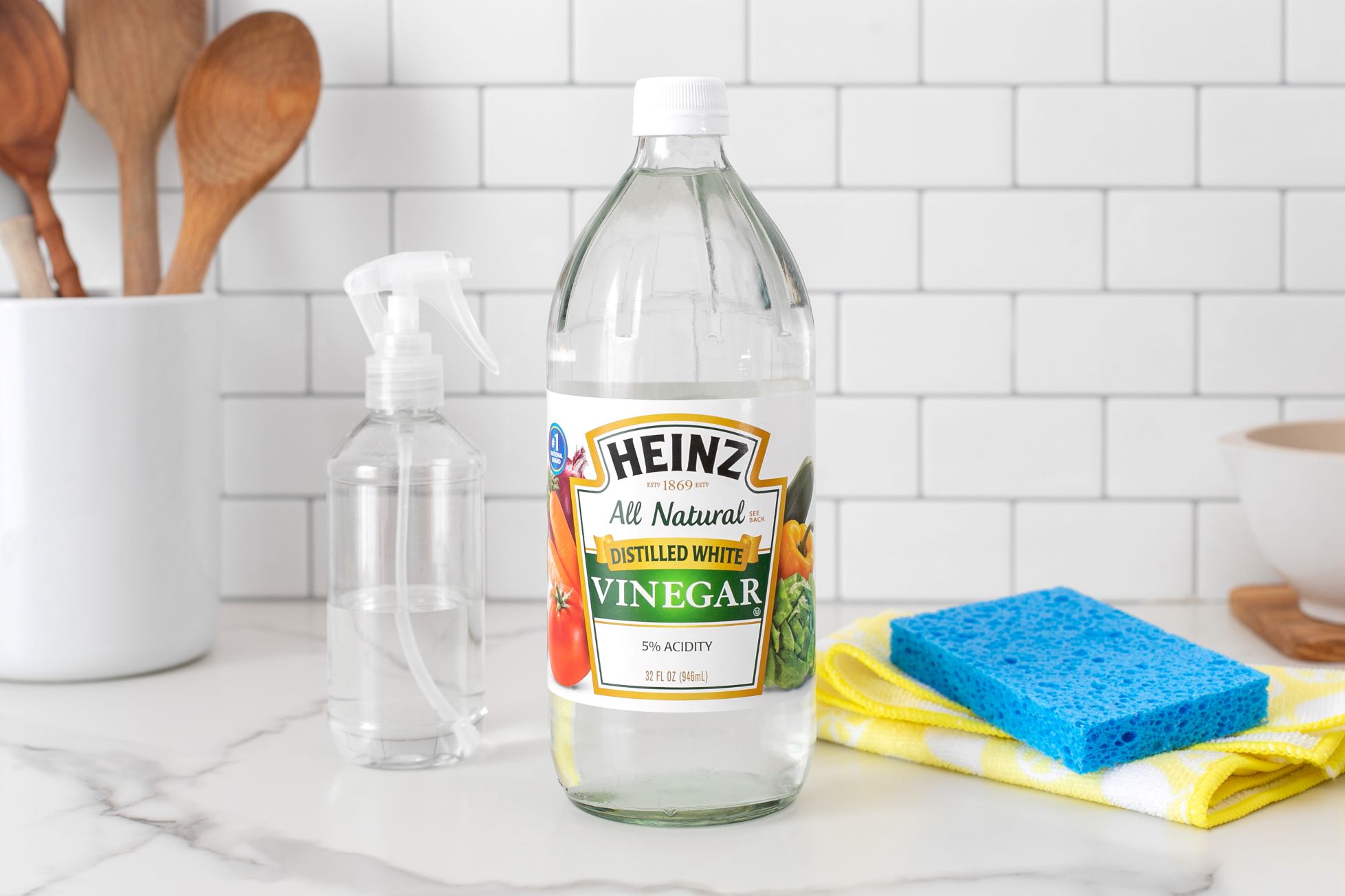
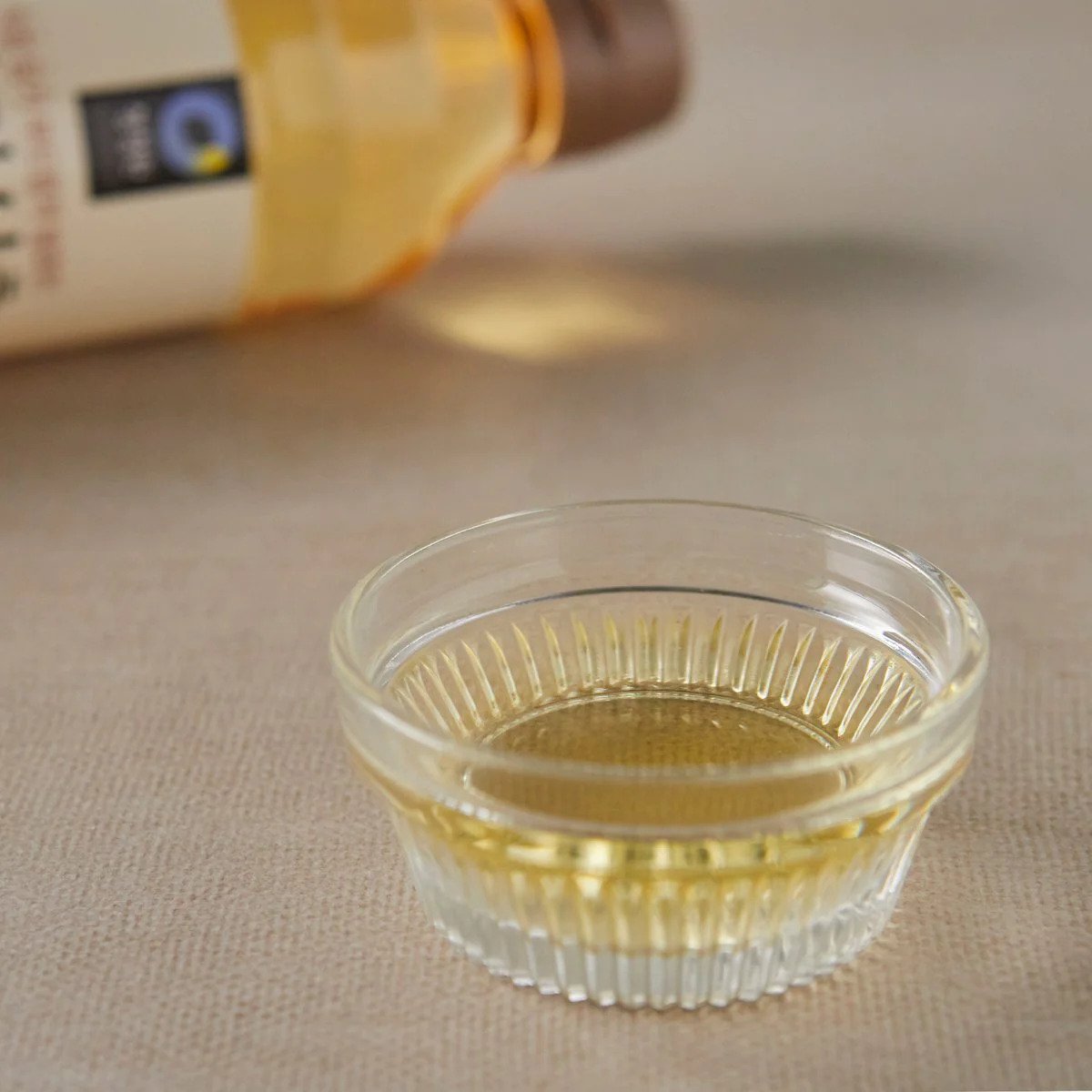
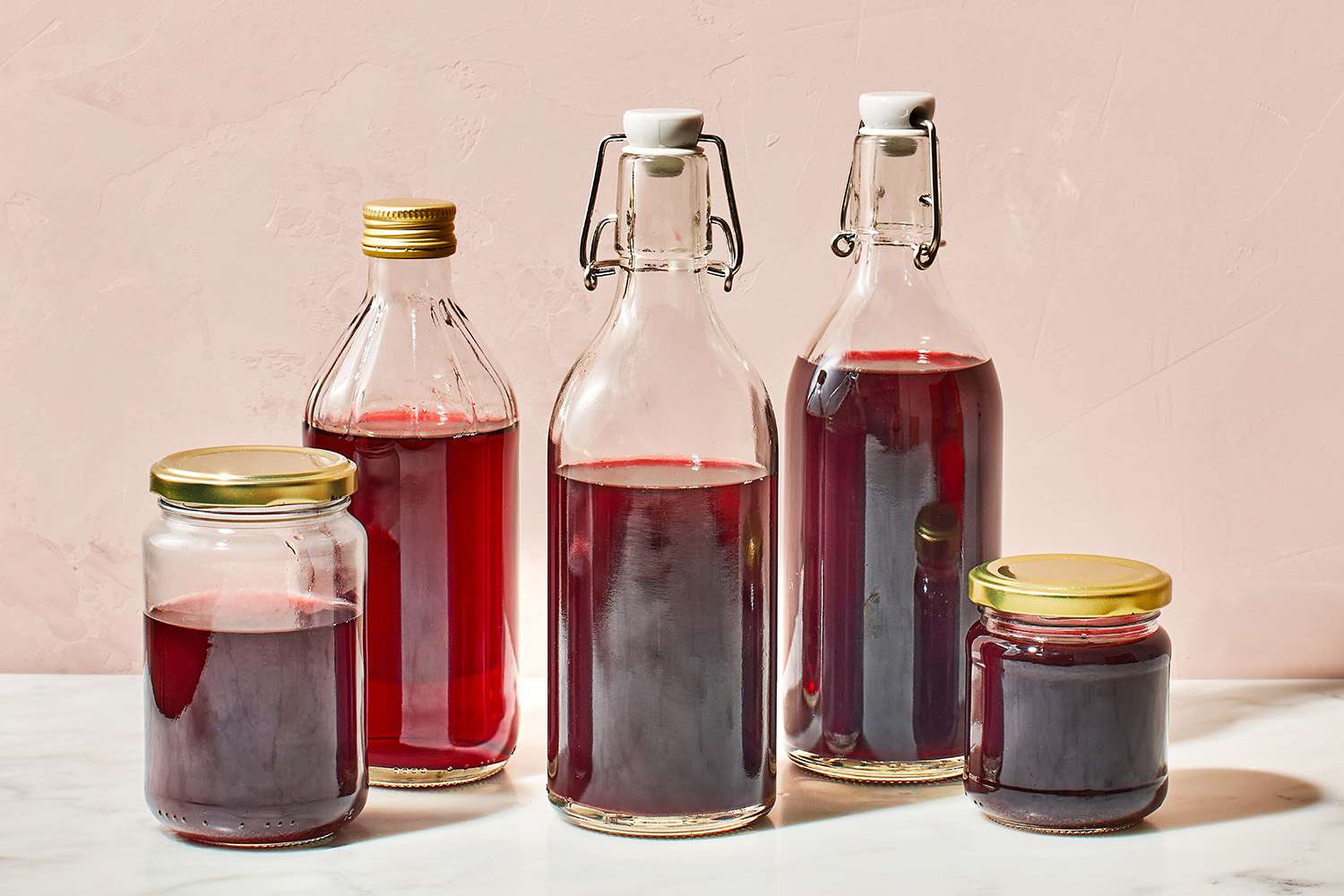

0 thoughts on “How To Store Balsamic Vinegar”